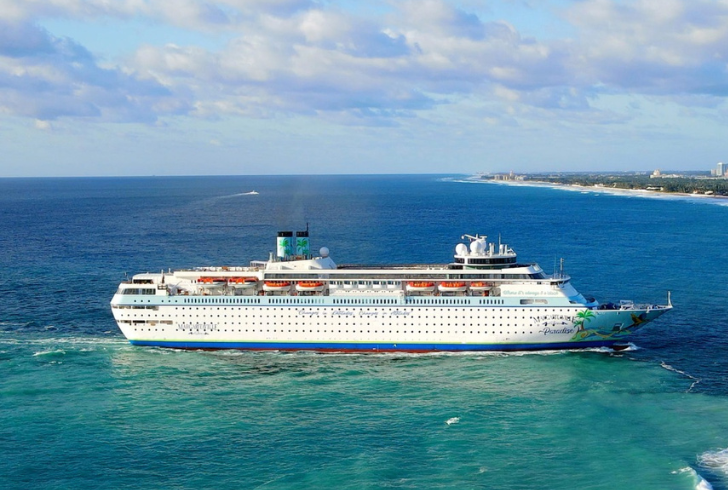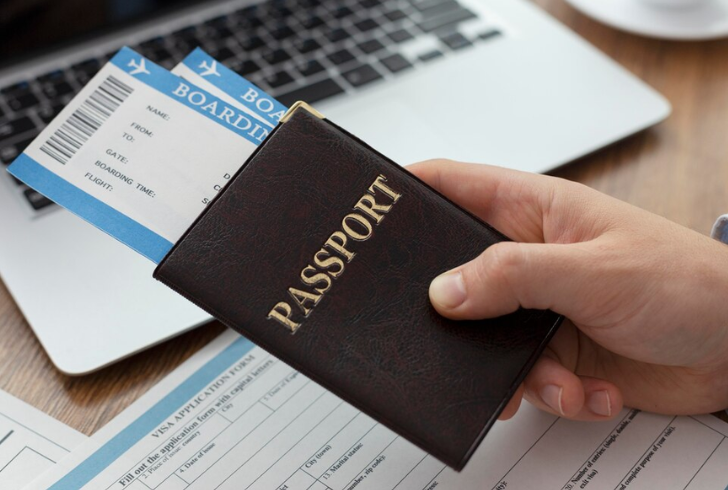Planning a cruise to the Bahamas often sparks the question – Do I need a passport to cruise to the Bahamas? While cruising can be an exhilarating experience, navigating the paperwork and documentation can sometimes be confusing.
This guide will clarify the requirements for U.S. citizens and non-citizens alike, ensuring you’re well-prepared for a seamless vacation.
Understanding Bahamas Cruises

Cruises to the Bahamas are popular due to the destination’s proximity and allure. The Bahamas, a group of islands just off Florida’s coast, is a frequent stop for cruise ships, particularly those departing from U.S. ports. Given its convenient location, many cruises operate on a closed-loop basis, which means they begin and end at the same U.S. port.
Do I Need a Passport to Cruise to the Bahamas?
For many travelers, the answer to “Do I need a passport to cruise to the Bahamas?” is no. Most closed-loop cruises do not require a passport for U.S. citizens. These cruises start and finish at a U.S. port, with at least one stop in a foreign port, like the Bahamas.
However, there are exceptions:
- If Your Itinerary Includes Non-Closed Loop Ports – If your cruise includes stops in countries other than the Bahamas that require a passport, then a passport is necessary. It’s crucial to check the specific requirements with your cruise line to ensure you’re carrying the correct documentation.
What Documentation Is Needed?
Even if a passport is not required, some form of identification is still necessary for a Bahamas cruise. Here are the accepted alternatives for a closed-loop cruise:
- Enhanced Driver’s License (EDL) – This type of license includes additional security features that allow it to be used as proof of citizenship.
- Government-Issued Birth Certificate – This must be accompanied by a government-issued photo ID.
- Photo ID – A government-issued ID with a photo, name, and date of birth is also required.
It’s important to note that these forms of documentation are valid only for sea or land border crossings. They cannot be used for air travel.
Non-U.S. Citizens and Passport Requirements
For non-U.S. citizens, the requirements are different. Lawful permanent residents of the U.S. need a green card to re-enter the country but will likely need a passport (and possibly a visa) for any port of call.
Other non-U.S. travelers generally need a passport and may require additional documentation, depending on their visa status and the countries they plan to visit.
Cruising vs. Flying
Understanding the distinction between cruising and flying is crucial. While a passport might not be needed for a closed-loop cruise, it is essential for air travel. For instance, if a traveler needs to fly back to the U.S. after missing their cruise ship, having a passport is necessary.
When Is a Passport Required?

Certain situations necessitate a passport, even if cruising on a closed-loop itinerary:
1. Traveling Beyond U.S. Ports
Cruises that travel to destinations outside the U.S. require a passport. For example, a Mediterranean cruise or any journey that starts and ends in different U.S. ports will need a passport.
2. Repositioning Cruises
Cruises that move ships from one U.S. port to another, such as from Miami to San Diego, also require a passport.
3. Medical Emergencies
In case of medical emergencies that require extended stays abroad, having a passport can facilitate better handling of the situation.
Other Closed-Loop Cruise Destinations
Closed-loop cruises aren’t limited to the Bahamas. Several other destinations also fall under this rule, including:
- Alaska
- Bermuda
- Canada
- Hawaii
- Mexico (e.g., Baja, Cozumel, Ensenada)
- Caribbean (Various countries and territories like Barbados, Grand Cayman, Jamaica, Aruba)
Whether you need a passport for a Bahamas cruise largely depends on your cruise’s specific itinerary and your citizenship status. For closed-loop cruises starting and ending at the same U.S. port, a passport isn’t usually required, but carrying one could be advantageous. Always verify documentation requirements with your cruise line before departure to ensure a smooth journey.
For more details on cruise documentation and planning, check with the cruise line and consider travel insurance options for added security on your trip.
